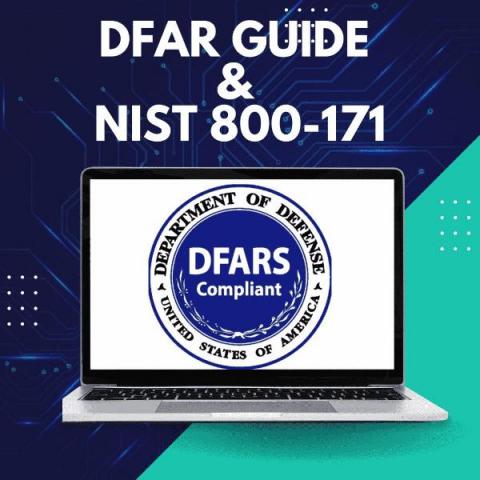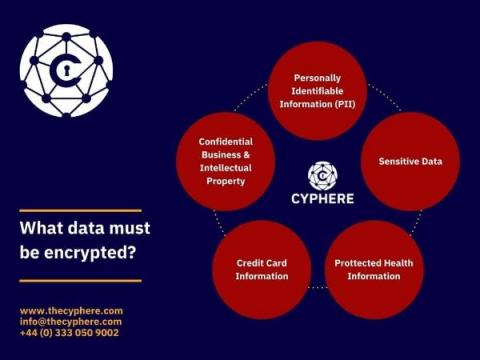Is GDPR a priority for businesses in 2022?
Data privacy is a priority objective for businesses today, particularly after the European Union's General Data Protection Regulation (GDPR) became enforceable in 2018, as this law protects European citizens’ personal data and requires organizations to change some of their work processes.











